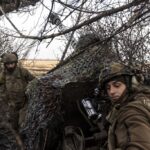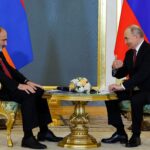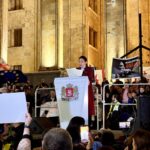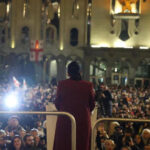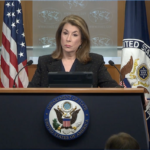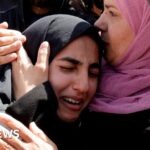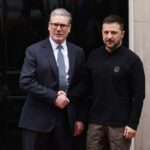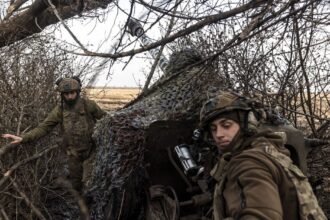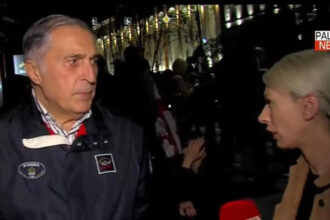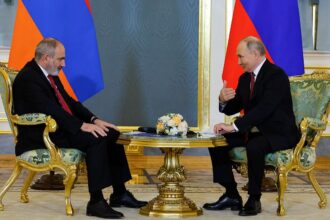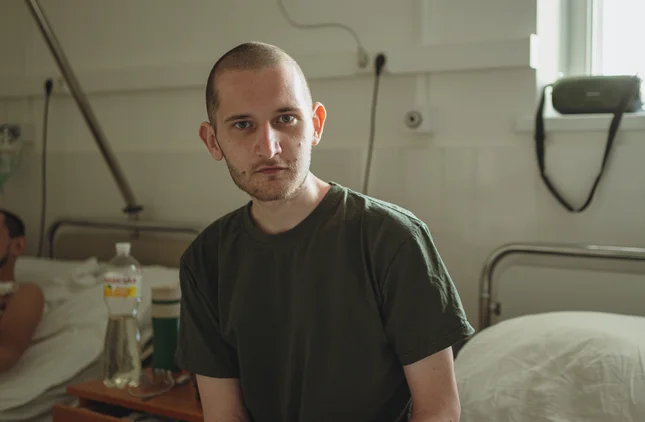Yura Hulchuk, a 23-year-old soldier from the 36th Marine Brigade in Mariupol, was finally released from Russian captivity on 14 September 2024 after spending nearly two and a half years as a prisoner. However, his return was marked by severe physical and psychological trauma.
Upon his release, Yura was immediately taken to a hospital in Kyiv where he was admitted to the intensive care unit. He was unable to eat or speak on his own and showed no signs of recognizing those around him. His mother, Milana, who had tirelessly fought for his release, stood by his side, hoping for any sign of recognition. After three days, Yura finally acknowledged her face and voice. On the fourth day, he had an emotional breakthrough and cried while clinging to his mother. Despite being warned by a psychiatrist that it could take a year for Yura to regain his ability to speak, he began talking just hours later and his recovery accelerated rapidly.
Yura’s time in captivity had left deep scars, both physical and emotional. His mother noticed changes in his behavior, particularly when it came to eating. He would drink boiling water without hesitation, a habit he had developed from being forced to consume scalding food in captivity. When Milana asked him about it, he simply replied, “Nothing about the food,” giving a glimpse into the horrors he had endured.
The mental toll of captivity was equally severe for Yura. He described the constant uncertainty and fear that consumed him during his time as a prisoner. He often wondered about the safety of his family and if the war had ended without his knowledge. Keeping track of time was difficult, and he wasn’t even sure if the days he thought were his birthdays were real.
Yura also suffered physical abuse while in Russian captivity. Prisoners were starved, beaten, and forced to stand for long hours. As a result, Yura developed severe dystrophy and had open wounds on his legs from prolonged standing.
After learning the full extent of her son’s suffering, Milana struggled to process the unimaginable evil he had faced. She had been an active advocate for his release, spending months organizing protests and demonstrating outside government buildings. She and other families of POWs from the 36th Brigade carried photos of those who had died in captivity and of the bruises and wounds inflicted on the survivors.
Yura’s release came as a surprise, and even after being freed, he continued to struggle.
Read More @ euromaidanpress.com
